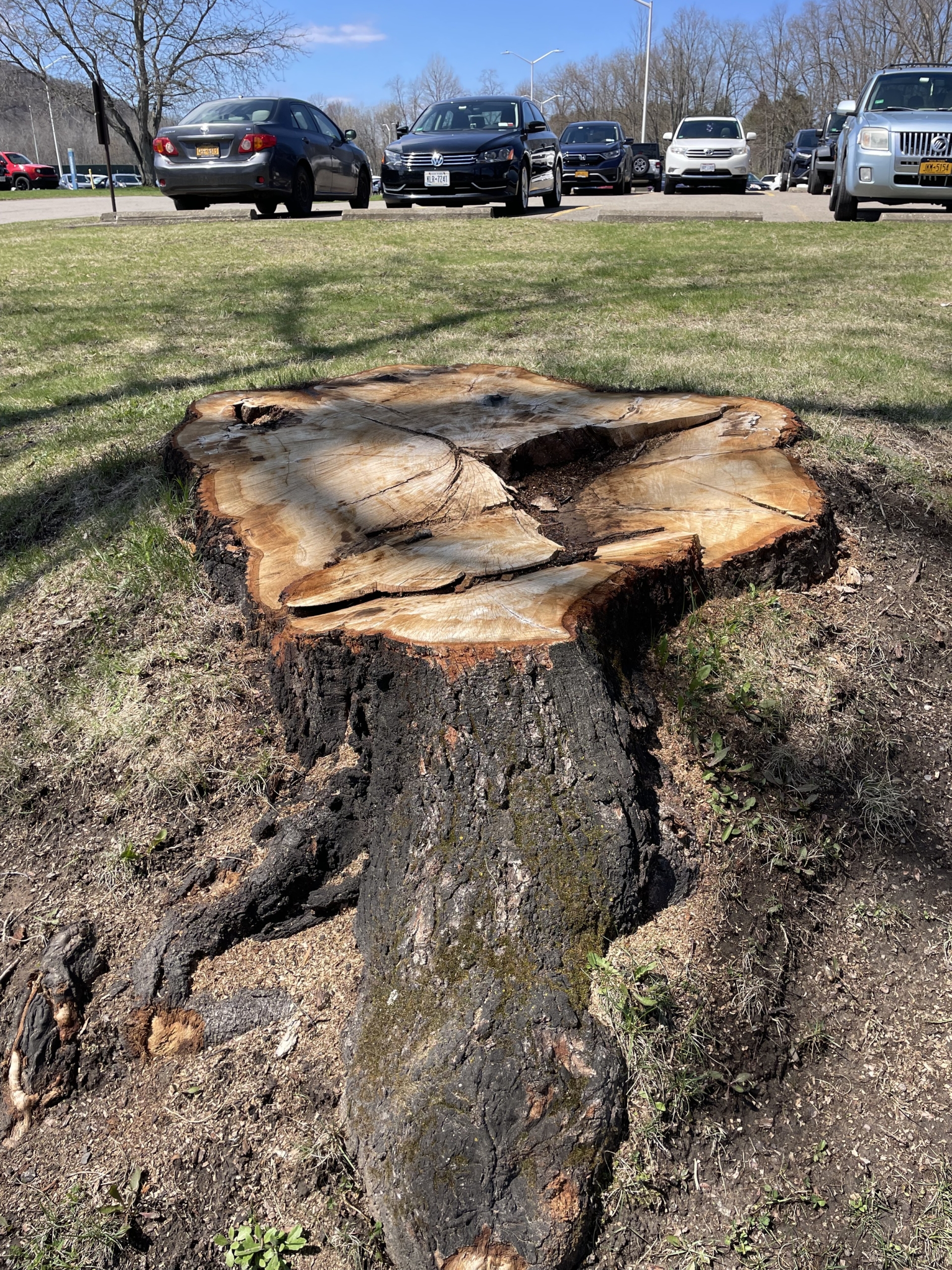By Mike Hogan, Editor-in-Chief
In China, a new coronavirus has its grip on over 7,000 people and has killed over 100 people, according to CNBC’s latest report. The disease, which started in Wuhan, Hubei Province, China, has also gotten its grip on people outside of China, in more ways than one. While the disease has spread to a handful of other countries, including the United States, the fear of it alone has intensified.
Dr. Marlene Wust-Smith, director of St. Bonaventure University’s Center for Student Wellness, participated in a briefing regarding coronavirus with New York State Department of Public Health officials last week.
During the briefing, general details of the coronavirus were discussed, including symptoms, how to treat patients and much more.
“Most of the people who were on the call were from university health centers,” Wust-Smith said. “This was just a way to disseminate information to the most interested parties. Because of the timing, a lot of students were traveling back from winter break. They [officials] wanted to dispel any rumors and tell us what they knew at the time and what the chain of command was going to be. It was mostly presentations, but when they opened it up for questions, it was more logistical. The main message was to get the word out to the student body, was that a lot of this should be handled by phone before coming in. If you are somebody who has recently traveled internationally, specifically in Wuhan, that is somebody that we are going to see, but be in communication with the health department before you even come in. That potentially caused more drama, because we’re going to want a gown and a mask and protective equipment, because nobody’s quite sure how this is transmitted. We think it’s respiratory, person-to-person, but it’s such a new virus.”
But Wust-Smith came away with more than just generalites and protocol. In fact, her message is simple: use common sense.
“The timing of this [coronavirus] is concerning, because it’s winter,” Wust-Smith said. “But if this were happening in the summer, when our general population doesn’t get as ill, I don’t think there would be as much concern. You hope people have common sense. China is a huge country. Just being in China is not a risk, being in that province, where this started, is what the CDC is concentrating on.”
With that common sense, according to Wust-Smith, comes an important lesson. With a small population of international students and professors at St. Bonaventure University, including a handful from China, she expresses her main concern.
“We don’t want to see people discriminating against somebody who has been there,” Wust-Smith said. “Everyone has a cough and some sniffles right now. It’s winter. We don’t want others to treat people like they are pariahs. If you encounter the few Chinese students and professors, treat them kindly, and not be like, ‘oh my gosh.’ If we have international students, there is always kind of a language barrier. You don’t need to make them feel worse because they have a cold. That’s what’s spreading on a lot of college campuses. A fear of anybody who has recently traveled. Take normal precautions and let health centers do their thing.
Dr. Jinjing Zhu, an assistant professor in St. Bonaventure University’s School of Business, returned home from China on Jan. 20.
Zhu, who is from Beijing, China, was visiting her husband and son over winter break.
During her stay at home in Beijing, Zhu said she didn’t do a lot of traveling. Similar to Wust-Smith, Zhu said the outbreak arrived at an unfortunate time.
“I was concerned at first,” Zhu said. “My family is all in China. I don’t want them to go out. It is bad timing for the Chinese people. That’s the spring festival for China. Normally, we would go out and interact with our friends and family during that time, but this year, it wasn’t that kind of celebration. Normally, this is the peak season for travel in China.”
While Wust-Smith said Americans should be more concerned with influenza, which kills around 50,000 people per-year in the United States, Zhu expressed some mild concern for her home country.
“The virus really has picked up recently,” Zhu said. “The figures seem a little scary, but I think the government and the local communities in China have taken some measures to contain this trend. They stopped public transportation, they’ve warned people to stay at home. So that might help. But in the short term, there will be more cases.”
Zhu said Americans should take precaution, but not be too worried.
“I do think if people come from Wuhan or neighboring cities, maybe they should stay at home for two weeks,” she said. “Just to see if there is any infections. Be responsible for others. This way others could avoid.”
Though the chance of a coronavirus outbreak at St. Bonaventure University is small, according to Wust-Smith, it could present a logistical nightmare.
“If we did have an outbreak here,” Wust-Smith said, “We would be quarantining people. Trying to separate roommates would be logistically impossible. There’s not enough room.”
But to Wust-Smith, that’s just a what if. For now, it’s all back to common sense. Wash your hands, keep your hands away from your face and take normal flu season precautions.
“We have to worry more about influenza,” Wust-Smith said. “We’ve had both A and B positive cases. Upwards of 6,000 to 10,000 people have died. Just this year alone. Keep that in perspective.”
hoganm17@bonaventure.edu




